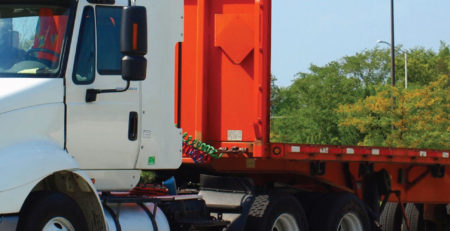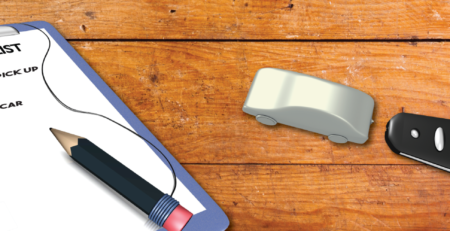6 Tips for Moving out of State: Staying Sane and Saving Money
Moving out of state can be very exciting! You might be looking forward to your new life where you’re going. Maybe you landed your dream job, or perhaps your new place will suit your tastes better. You might be moving to be closer to family and friends, or perhaps you’ve given in to wanderlust and you want to experience living in as many places as possible.
Unfortunately moving can also very stressful, especially when you’re moving out of state. Before you can settle down in your new life, you’ll have to do a lot of planning. Here are a few things you should do to make moving out of state a more pleasant experience.
1. Give Yourself Enough Time to Plan
Start planning for your move as soon as possible. If you’ve given yourself enough time to deal with paperwork and sort your belongings, unexpected problems won’t be as stressful. Knowing you still have time to deal with problems as they pop up will help keep you calmer. Moving is stressful enough as it is – avoid unnecessary stress whenever possible.
When you start planning as soon as possible, you can also move on a much lower budget. This is because you’ll have more time to find a moving company that offers a good service at a lower price.
Shop around for quotes. Trustworthy moving companies should give you quotes for free. Once you’ve compared a few quotes, you can contact the companies and explain your situation, this will help them give you better estimates of what the move will cost you.
2. Stick to A Budget
If you have a good idea about what moving companies charge, you can set a realistic budget. You’ll have to consider what it typically costs to move as well as how much you’ll be able to spend. Make a list of all your moving expenses other than paying the company, like car shipping, airfare, accommodation, boxes, packaging paper and gas.
3. Keep A Binder With Paperwork
There will be a lot of paperwork associated with your move. There are also many important documents you should always store safely where you’ll be able to find them once the move is over. Place important documents related to your move – like contracts or receipts – in this binder. You can also make a checklist of administration tasks you’ll need to do once you arrive at your new home, like getting a new driver’s license and registering your car in your new state.
4. Scour for Money Saving Options
Explore money saving options wherever you can. You might be able to get free boxes, for instance. Or perhaps you could buy used boxes and packaging paper on Craigslist. If you have friends and family where you’re going, maybe you can stay with them instead of booking a hotel. If you don’t have friends or family, you could try to find cheaper accommodation by booking with Airbnb instead of going to a hotel. There are also many websites available that allow you to compare airfare, that way you can book the cheapest possible flight.
5. Keep Only What You Need
If you’re moving on a tight budget, you should throw away as many things as you possibly can. There’s no sense in paying someone to move things you don’t use or want. This isn’t a time to get sentimental about broken toasters and old magazines. It’s better to distance yourself from the things you no longer need.
Once again, if you’re on a tight budget, you should mercilessly discard of useless things. If you have to, you can even consider getting rid of furniture and clothes you don’t like. If you sell pieces of furniture and items of clothing that aren’t useful to you anymore, you can use the money you get from it to pay for your move.
When you’re selling things, try to sell them all within one week, this way you’ll get a larger amount of money you can put away to spend on your move. When you sell a few things here and there you can easily end up spending all the money you made on little things like coffee or takeout.
You should also aim to simplify the process of sorting your things. Keep separate boxes for the things you want to donate and the ones you plan to sell. Don’t make multiple trips to a donation center or thrift store. Sort everything beforehand. If you’re donating a lot of things, you might be able call and ask for a donation pick up.
6. Ship Your Car
Many people think they can save money by driving their car instead of shipping it, but all things considered, driving your car isn’t cheaper.
You’ll have to spend a lot of money on things like gas and accommodation if you drive your car all the way to your new home. You might even spend more money than you anticipated on buying food and drinks while your on the road. The mileage you’ll be adding to your car will also reduce its value. Apart from this, driving you car can take more than a week if you’re moving very far.
By making use of a reliable car shipping company, you’ll reduce the stress of moving. You’ll also save time and probably even money. When you compare the costs of driving your car to shipping, you’re likely to find that shipping will be cheaper.
Even if you planned your move perfectly, it can still be stressful. Whenever you feel like it’s too much, take a moment to remind yourself that you can do this. Once the move is complete you can start settling in. And soon enough, you’ll be accustomed to all the aspects of your new life.









Comment (1)
[…] Continue Reading the Article Here. […]